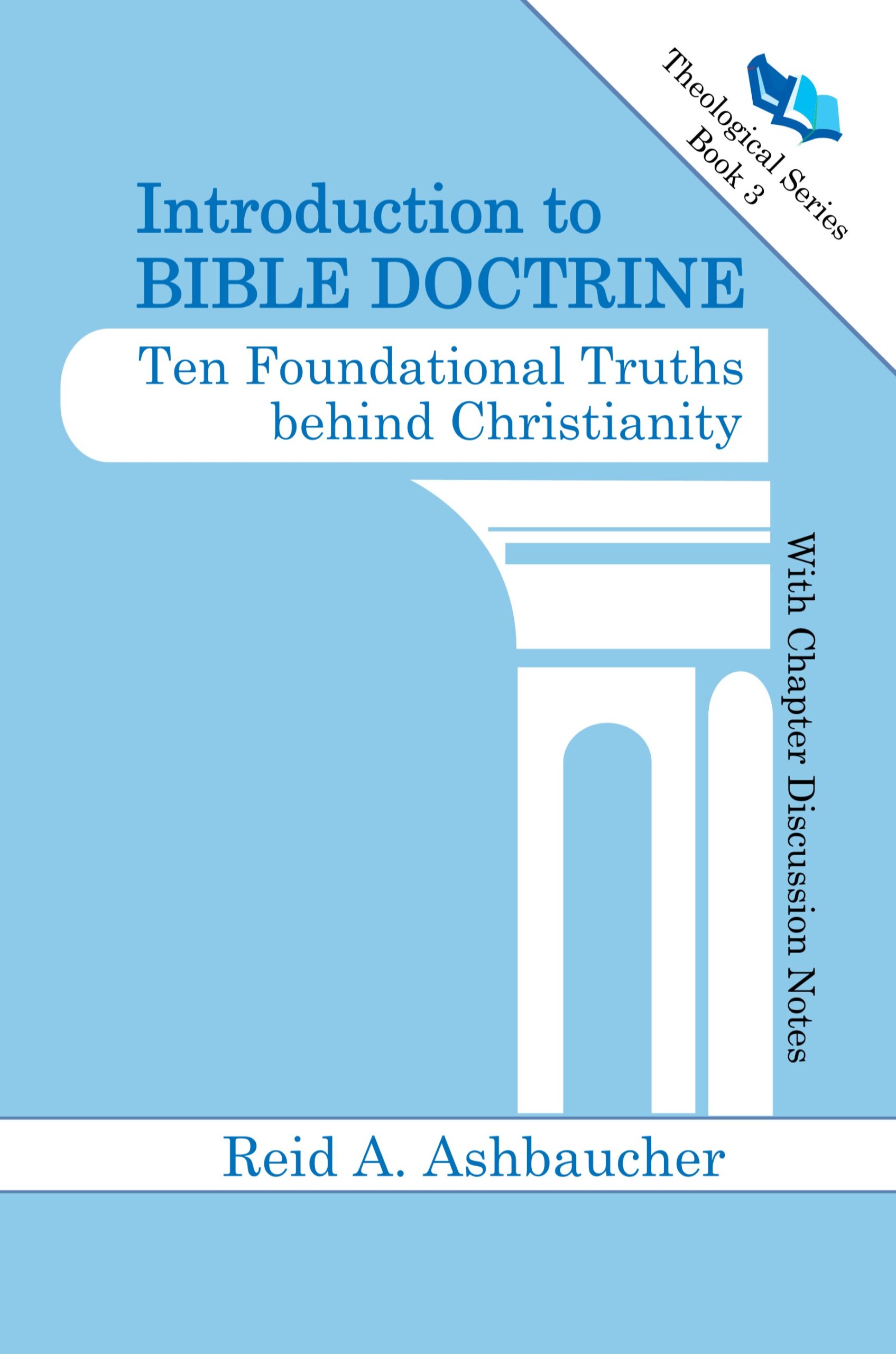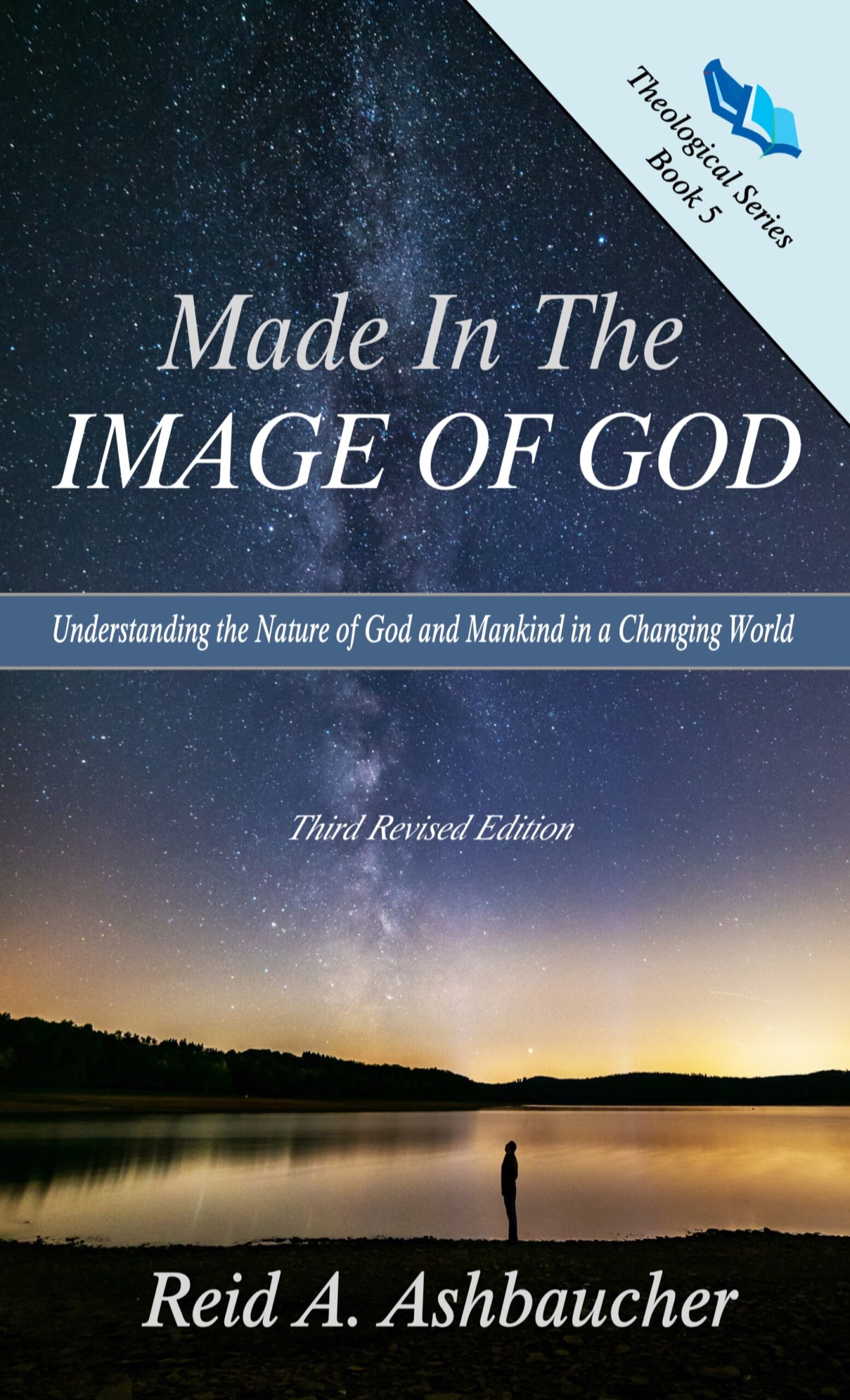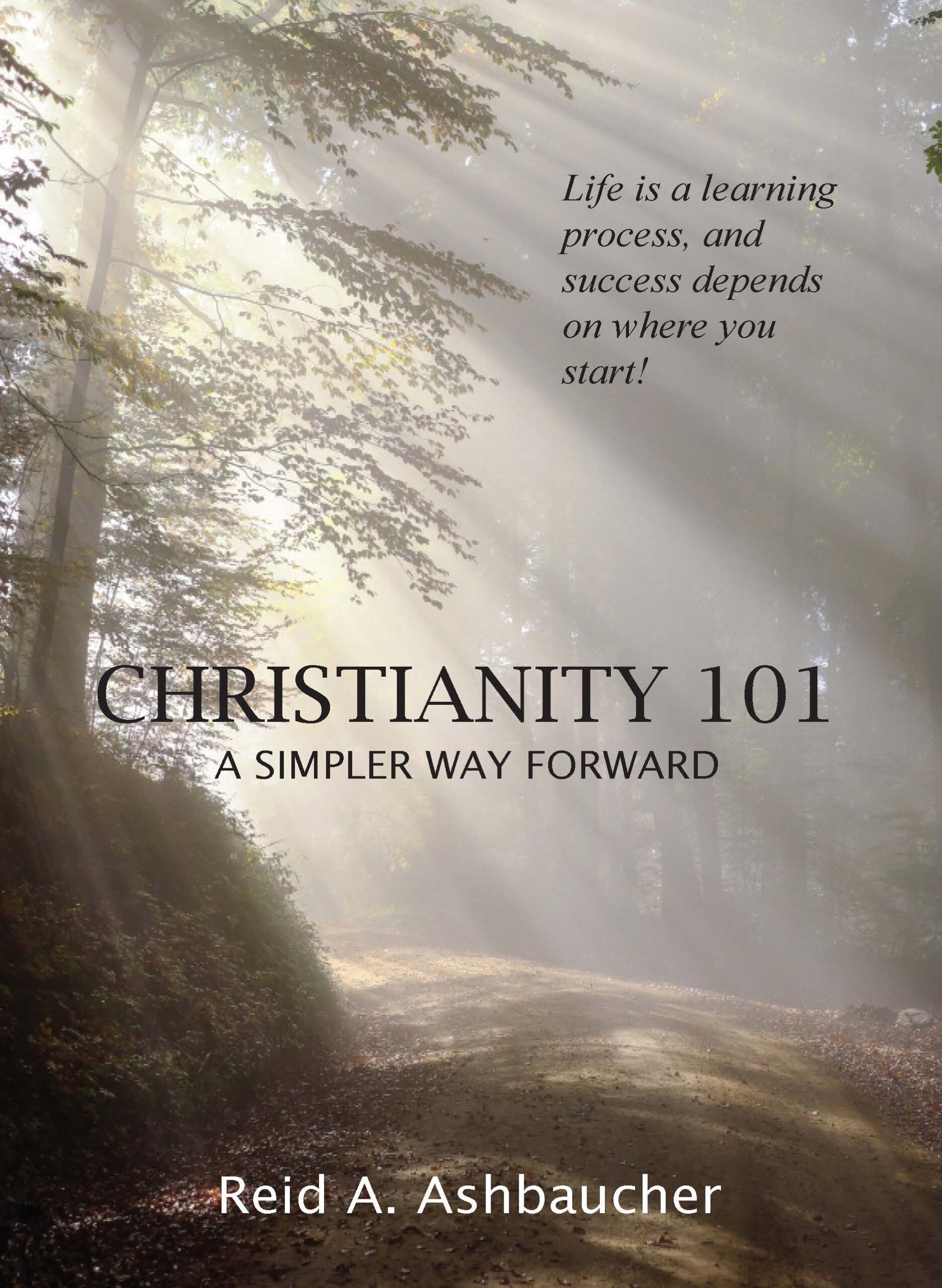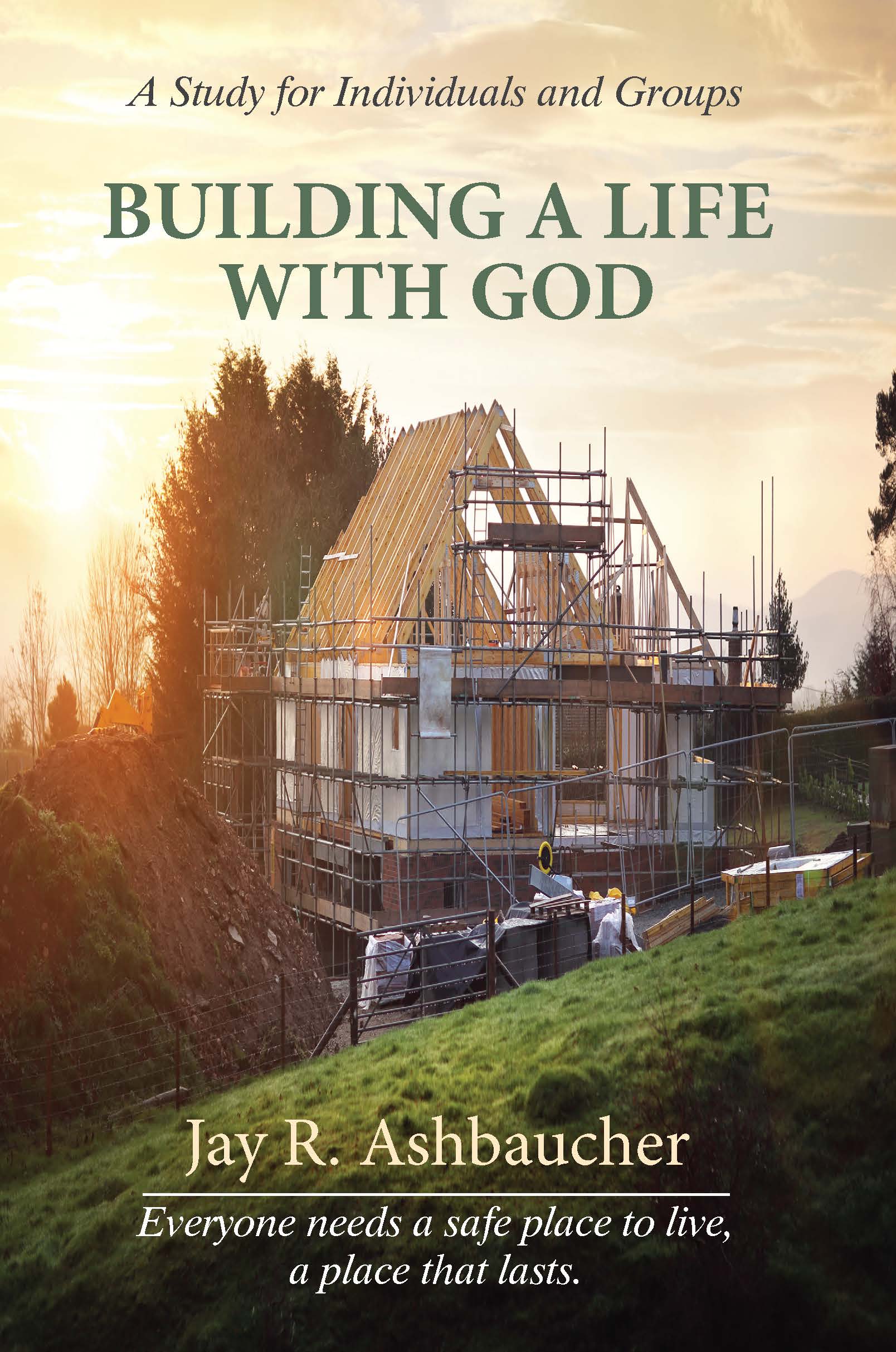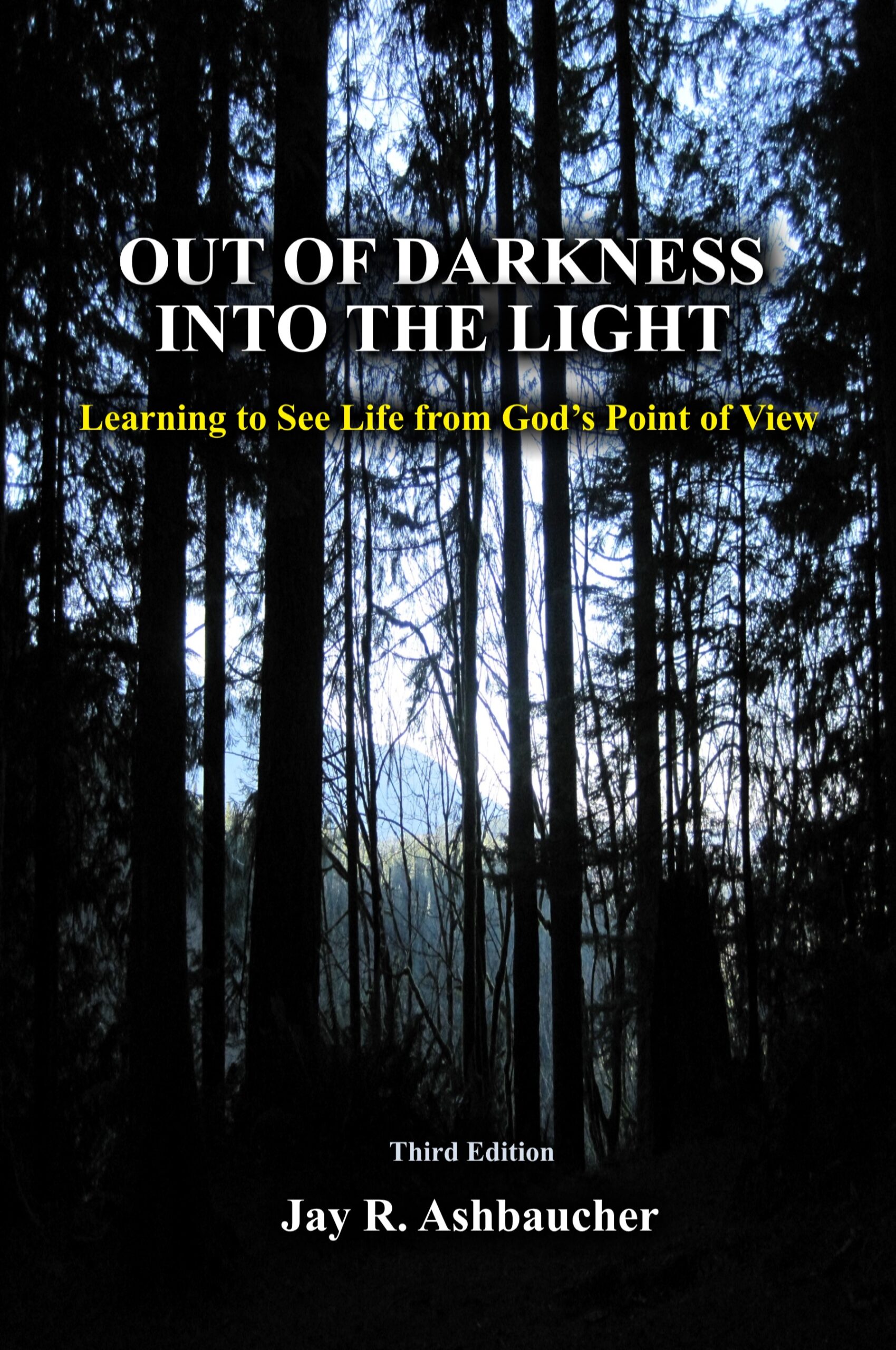by ETURUVIE EREBOR
11/18/2014
The world is full of people who know what they want but fail to get it because they are willing to compromise. To begin with, many are too scared to step out of their comfort zone and that which is familiar to them and reach for that which they want, and if for any reason they make an attempt to do so, at the first sign of trouble, they will quit and settle for that which is not what they want. For such people, the end of their journey on earth is usually filled with regret. Regret for the dreams that remain unfulfilled and which with their exit will never be fulfilled, at least not by them.
Terah was the father of Abraham and he had a dream to go from Ur of the Chaldees where he lived at the time to Canaan. He took his son, Abraham, his daughter-in-law, Sarai, Abraham’s wife and his grandson, Lot and although the vision was to go to Canaan, the Bible records that they came to Haran and dwelt there. Terah represents a large section of humans on the earth today. They have a dream and although they take steps to achieve their dream, when the challenges of life show up, they abandon their dream and destination and settle for something else. Haran, where Terah finally dwelt represents compromise. It was not his dream, it was not his desire and it was not the reason he set out from Ur of the Chaldees. Canaan was his dream and he set out towards it but did not arrive there. He had the will power to pursue his dreams, to begin the race but he did not have what it took to complete the journey and he quit midway and dwelt in Haran. Unfortunately, the moment he compromised and stayed in Haran, he lost the will power to move from Haran to Canaan. Whenever we compromise it becomes more difficult to achieve our initial goal and the more we compromise in life the more difficult it becomes for us to reach our goals and get the things we really want. Terah died in Haran and never saw his dream of going to Canaan fulfilled. I imagine as he lay on his death bed knowing his life was being taken from him, he must have looked back on his life and if anything regretted his decision to compromise and not finish that which he had set out to do and get that which he really wanted.
Many of us, like Terah, know what we want out of life. We know where we ought to be and we take steps to get there. However, when life throws obstacles in our paths, as it usually does, we compromise and settle for less and convince ourselves that it will do, but will it really do? When we come face to face with death as we inevitably will, can we look back on the life of compromise we lived and feel no regret?


